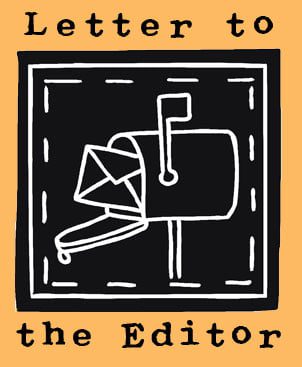Rarely, if ever, in our nation’s history has there been a greater disconnect between Main Street and Wall Street.
Main Street is hurting badly. Our country just suffered the worst quarterly economic drop in modern history, and tens of millions of people are either unemployed or underemployed.
All you have to do is talk with people who work in Malibu to understand the depth of this recession. And if Malibu, which is an unusually affluent community, is suffering, imagine what it is like throughout the country where there are long food lines.
Despite the pain on Main Street, Wall Street is booming in the midst of this recession. The major stock indices are up for the year, and the NASDAQ has reached multiple historic highs. Imagine, if you can, that investors are actually valuing most companies higher now than when the pandemic started.
Congress and the Federal Reserve are throwing trillions to keep our economy afloat, and our children and their children will be lucky to pay the interest on our national debt without sacrificing our country’s essential needs.
The gap between the wealthy and the poor was historically immense before the pandemic, and like most other national disasters, the poor by far have borne the bulk of the suffering during this pandemic.
A 2019 report by the Institute for Policy Studies concluded that three of the richest Americans—Jeff Bezos, Bill Gates and Warren Buffett—hold more wealth than the bottom 50 percent of the country combined. The wealth gap is only increasing during this pandemic. Even if the conclusion of this report is overstated, the implications of this kind of wealth gap for our democracy are frightening.
We do not know where this is all heading, and how it will end, but if history tells us anything, it will not be pretty for our country if we accept this extreme inequality as normal.
Burt Ross

